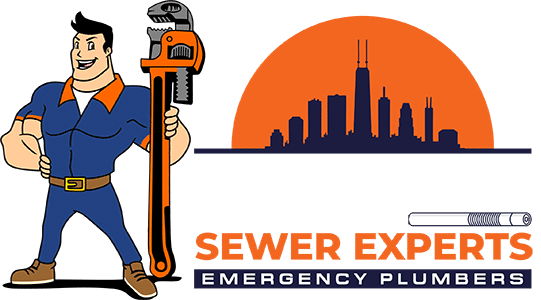Your home’s sump pump is a crucial component in protecting your property from water damage caused by basement flooding, especially during periods of heavy rainfall. This hard-working device is responsible for collecting excess water and channeling it away from your home, maintaining the structural integrity and overall safety of your property. However, like any other mechanical system, sump pumps require regular maintenance and inspection to perform their best and keep you prepared for potential flooding emergencies.
Sump pump maintenance should not be overlooked, as a malfunctioning or poorly maintained pump can lead to basement flooding and water damage that can cost you heavily in terms of time, money, and potential health risks. In this article, we’ll explain the importance of regular sump pump maintenance for homeowners in the greater Chicago area, and provide practical tips and guidelines to ensure that your sump pump is always ready to tackle any water-related challenges. We’ll also discuss the role of professional plumbing and drain cleaning services like Chicago Sewer Experts in providing expert assistance for sump pump maintenance or replacement.
For top-quality sump pump maintenance, installation, and repair services in the greater Chicago area, trust the experienced team at Chicago Sewer Experts. Schedule your sump pump maintenance appointment today to safeguard your home and avoid the stress of flooding emergencies. Call us now or visit our website for more information.
Essential Sump Pump Maintenance Tips
1. Regular Inspection
Inspect your sump pump periodically to ensure it is in proper working condition. Check for any visible signs of wear and tear, debris, or damage to the pump itself, and ensure that the pump’s components, such as the float switch and check valve, are working correctly.
2. Clean the Sump Pit
Over time, debris and sediment can accumulate in the sump pit, inhibiting the pump’s performance. Regularly clean the pit to ensure any accumulated dirt or debris is cleared away, allowing the pump to function at its best.
3. Test the Sump Pump
Test your sump pump by pouring a bucket of water into the sump pit. The pump should automatically turn on and begin pumping the water out. If the pump fails to activate or struggles to remove the water, have a professional plumbing service like Chicago Sewer Experts inspect and service the unit.
4. Check the Discharge Line
Inspect the sump pump’s discharge line for any signs of blockage or damage. Ensure that the line is clear, and water can be easily pumped away from your home to avoid backups and flooding.
5. Power Source Maintenance
Make sure the sump pump’s power source is reliable and well-maintained. Regularly check the electrical connections, battery backup systems, and breakers to prevent unexpected power outages that could render your pump ineffective during a flood.
When to Call a Professional for Sump Pump Maintenance
While DIY sump pump maintenance can resolve minor issues, it’s essential to enlist the help of experienced professionals like Chicago Sewer Experts for thorough inspections and repairs. Some situations that warrant professional help include:
1. Persistent malfunctions: If you’ve tried troubleshooting the pump and continue to experience issues, have a professional diagnose the problem and recommend the best course of action.
2. Age and wear: Older sump pumps or those showing significant signs of wear should be evaluated by a professional to determine if replacement is necessary.
3. Noisy operation: Unusual noises during sump pump operation could indicate a malfunction or damage that requires professional attention.
4. Frequent cycling: If your sump pump frequently cycles on and off, even when there’s little to no water present, it could indicate a problem that needs expert assistance.
Choosing the Right Sump Pump for Your Home
If your sump pump inspection reveals that a new unit is necessary, it’s crucial to select the right pump for your home. Some factors to consider when choosing a sump pump include:
1. Type: There are two primary types of sump pumps – submersible and pedestal. Submersible pumps are quieter and can handle larger volumes of water, while pedestal pumps are generally more affordable and have a longer lifespan.
2. Power: Evaluate the pumping capacity of the unit, ensuring that it can handle the volume of water you expect in your basement during peak flood conditions.
3. Battery Backup: Choose a sump pump with a battery backup system to ensure continuous operation even during power outages.
4. Warranty: Opt for a sump pump that offers a strong warranty to protect your investment.
Conclusion
Regular sump pump maintenance is vital to protect your home from the dangers of basement flooding and water damage. By following essential maintenance tips and enlisting the help of experienced professionals like Chicago Sewer Experts, you can extend the life of your sump pump and safeguard your property from costly damages. To schedule a sump pump maintenance appointment and further secure your home against potential flooding, contact Chicago Sewer Experts today. Call us now or visit our website for more information.

Recent Comments